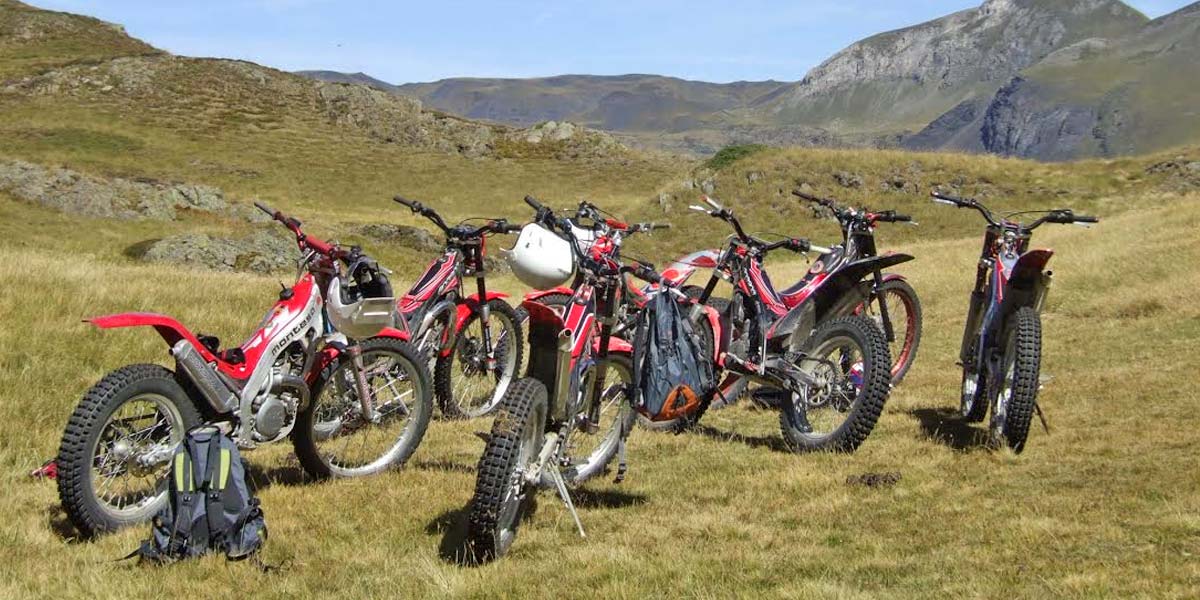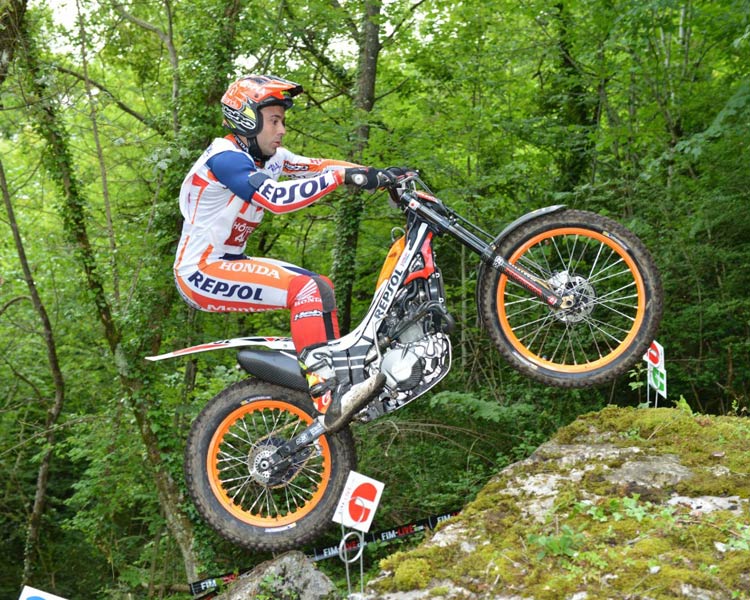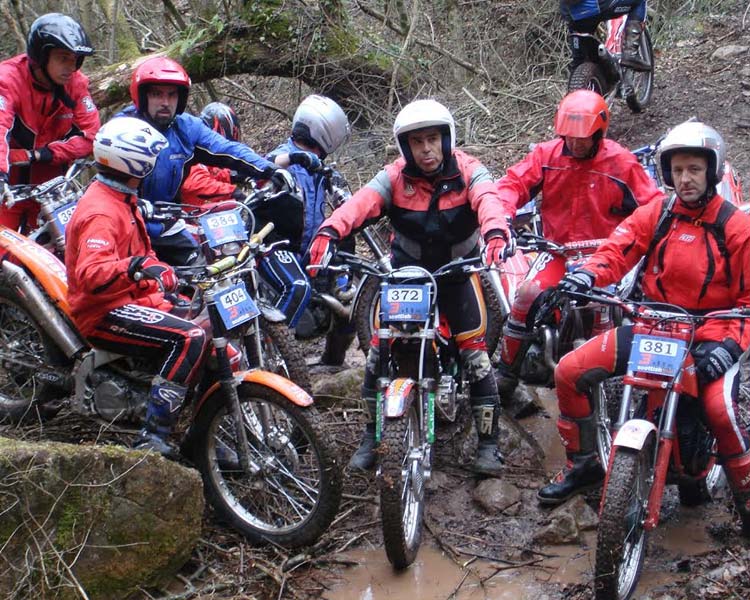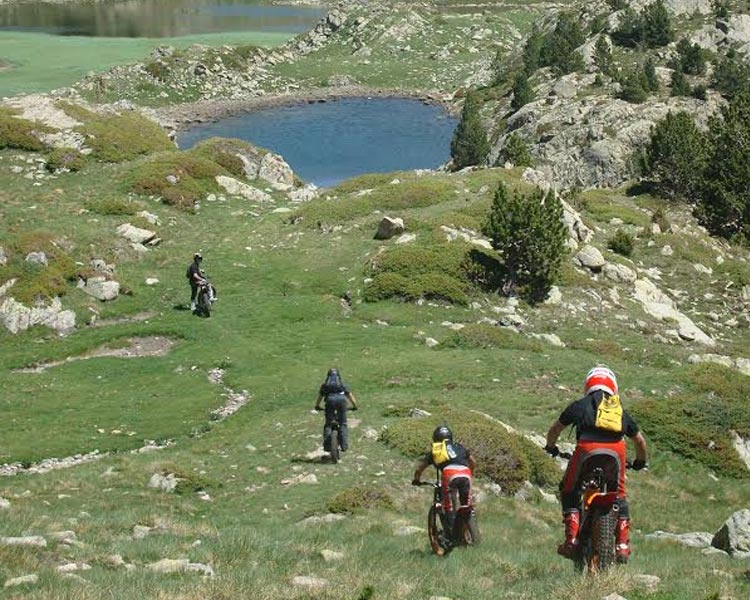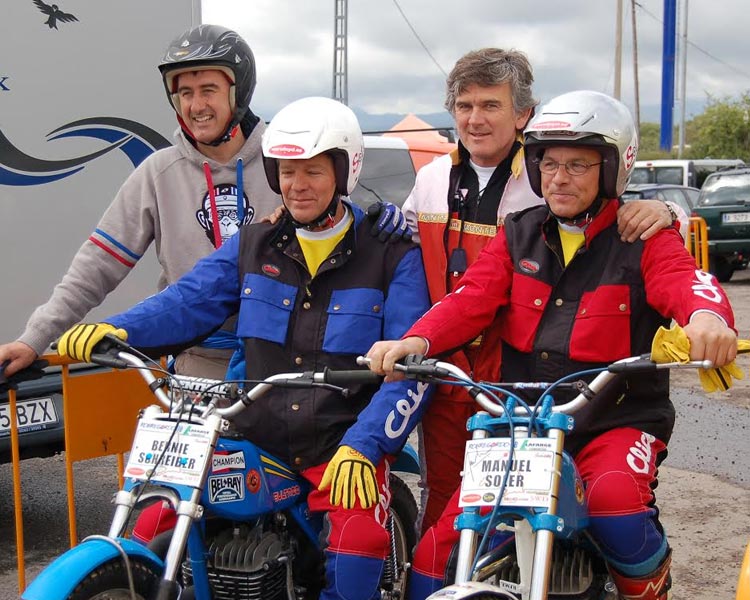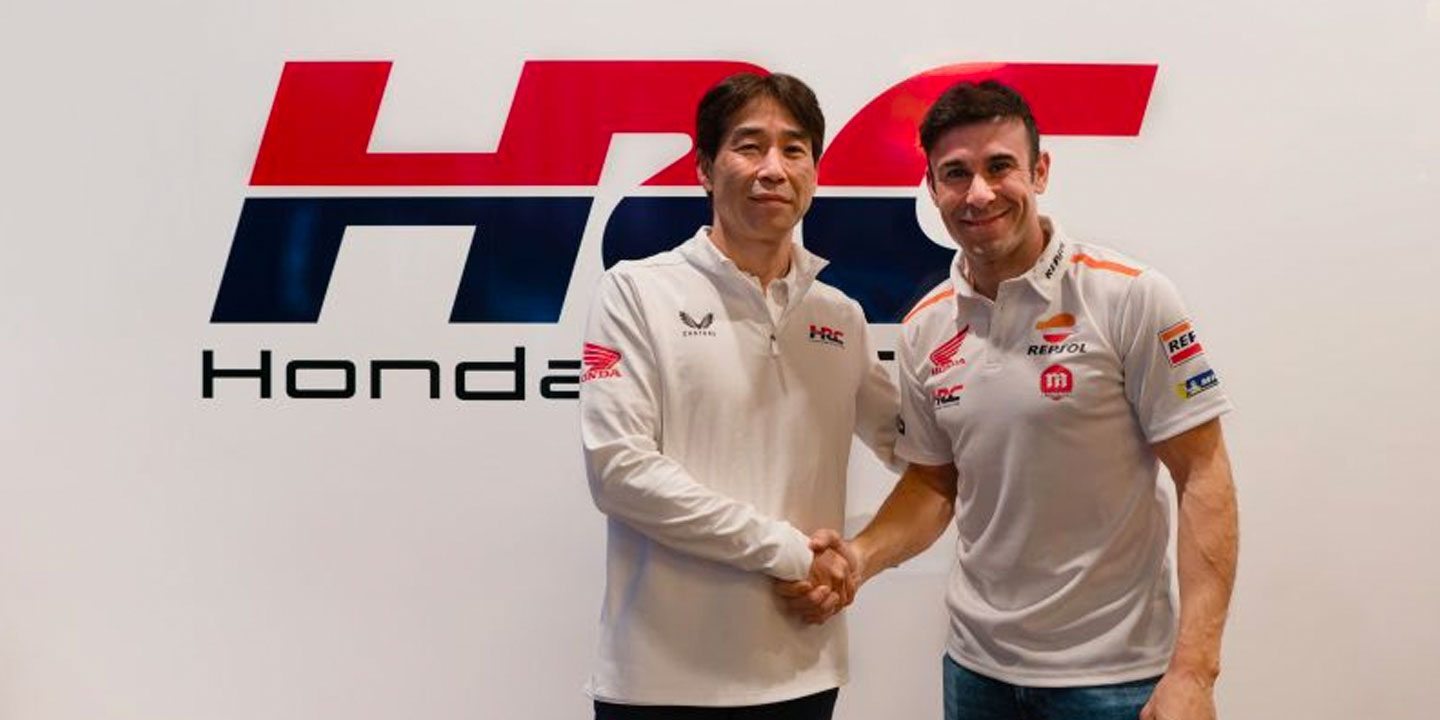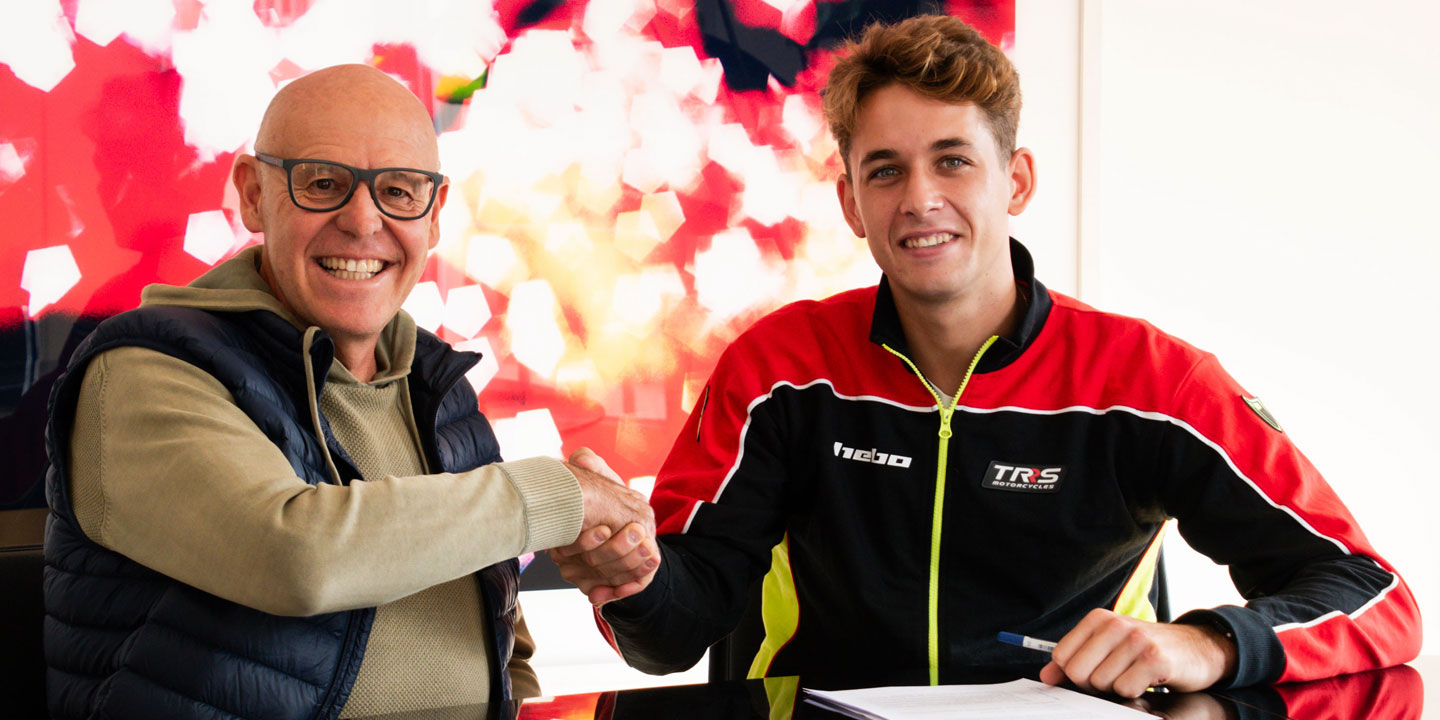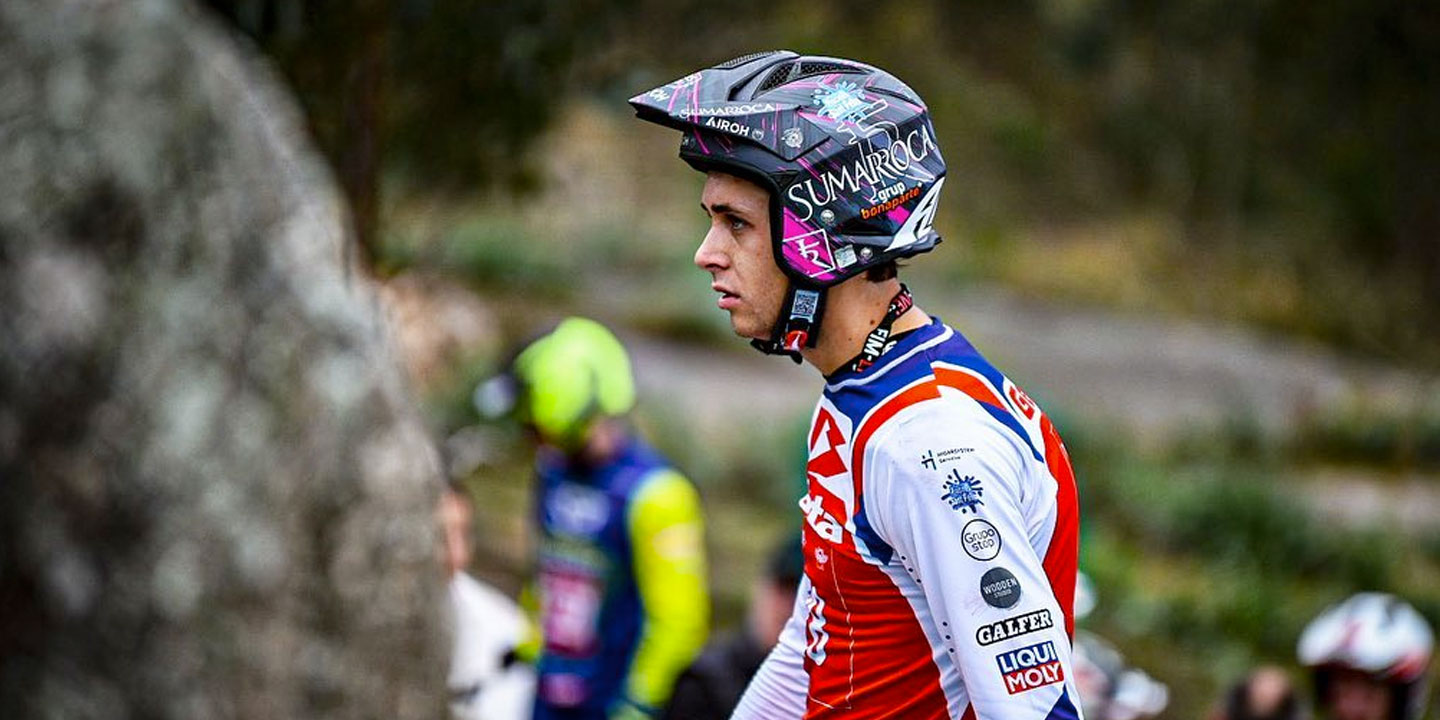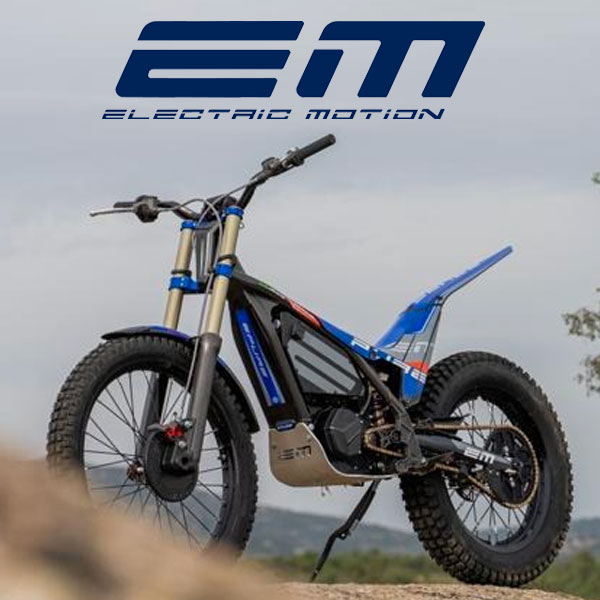Very good areas!
As a result
of Pol Tarrés’ retirement
from the “continental circus”, social networks have gone crazy with endless comments and questions about what is happening to the Trial so that several riders, one after another, are abandoning it.
“Polete” will have had his reasons for making this decision and I’m not going to be the one who, without knowing them, will issue one opinion or another on the matter, but what I would like to talk about ”
in the first place”
is what I think is happening to trial. I’ve been thinking about it for a long time and this latest news has given me the push to decide to comment on it.
The most discordant comments go against the “non-stop” Regulation, more specifically after the World Cup in Andorra, where it was applied with different criteria by the same controls.
Others comment that the fault of everything is the demand, the technicality, the complicity and the accessibility of the trial, the bikes and with it the areas. Some will emphasize that everything is too expensive and within the reach of too few. Others switch directly and legitimately to enduro and, finally, we only need to mention those who consider the federations to be the main culprits of everything, by imposing the prices of the licenses that are too expensive.
Surely everyone is partly right, but I don’t know how to find positive readings to solve all this, on the contrary, it is insisted that
trial
is “sick” but we are not able to find any “medicine” to cure it. Here’s my humble opinion.
To be able to express it, I need to separate our hobby into three main sections:
1.- Trial World Championship
2.- Trials at the regional level
3.- Access to the natural environment
1.- Trial World Championship
Gentlemen, this has to be compared to Formula 1, tremendously boring, but with an overwhelming success, or Moto GP, tremendously entertaining and always spectacular.
In both specialties, which are so different, everything that most people complain about predominates: regulations, demands, technicalities, complicity, accessibility, etc. The grids don’t have more than 20 riders, but the circuits are crowded and we’re hooked to the “dumb box”.
When I go to see a
World Championship trial
, I want to see the best getting around the most difficult sections and if you have to make specific regulations for them, that’s it. Nowadays, with new technologies, it should not be an impediment to apply it with the rigidity it deserves. Perhaps for these trials, the figure of control would have to be different, or at least act in a different way.
We have to be clear that the Trial World Championship will not sell more bikes, or yes, I don’t know. In my case, I go with a Montesa 4RT because I like it, not because Toni Bou wins the world championships one after the other. Not even living “seven lives” would he be able to do what the “top ten” do with one hand.
2.- Trials at the regional level
From here I want to thank (once again) and encourage all the motorcycle clubs that spend the hours, days and months preparing their tests, even if they are social. Those of you who have not been part of these organizations do not know the effort and ingratitude that this entails.
Everything changes here. I do believe that complex regulations should not predominate here, on the contrary, they should be of little demand and without too many technicalities. The “grids” have to have hundreds of riders because they will be the ones who buy the most motorcycles or keep the second-hand market on the rise.
In this section I don’t want to forget the trials for classic motorcycles, because of the good they do to the Trial. Not because they move in small markets and workshops, but because when you talk to someone who doesn’t know what trial is, there is always a comment, at one time or another, that their father, uncle, grandfather or close relative had a Sherpa, Cota or Mick Andrews and you see how their face lights up, and so do I.
3.- Access to the natural environment
Here’s the real problem, the “cancer” of Trial.
We participate in social and regional trials, we go to see world and state championships, we let ourselves be seduced by the beauty of the motorcycles, of the landscapes of the thousands of images that run on the net, of prodigious results of our riders who make up the “circus”, but we do not understand why trial is prohibited and persecuted.
What is the difference between an organized trial and a trial excursion? Why is trial currently only represented with competition? Why is Toni Bou presented as the best rider in the world and an amateur trial excursion is portrayed as a criminal? What determines the degree of delinquency from one fan to another? Why are trials allowed in extraordinary places (which I think is great) but once finished they are not allowed to train in them? (actually we can practically only train in Trial Areas and getting its legalization deserves a separate chapter).
As a human being, as an entrepreneur and as a trial rider, I have a special predilection for the way of being and acting in American society.
Care! I am not referring to its political pattern, nor military concept, much less to interventions in other countries. Not at all. I have always noticed them for their well-known and obvious competitive philosophy.
They are leaders in many aspects: in sports, in industry, of course in entertainment, etc. and it is not by chance. There is a whole living and permanent strategy that prevents the ageing of any manifestation or collective activity.
In this case, I’m not interested in American companies in general, but I am interested in sports companies that are especially skilled in the art of continuously responding to any kind of change in their environment. They are able to change their line of conduct, they adjust, transform and adapt to these changes.
Sorry for all this initial “trouble”, but it has no other purpose than to show my concern about the way access to the natural environment has taken, which indirectly reverts to the sale of motorcycles and to promote everything that the word Trial means, but what really worries me is that it is not in our hands to solve it.
We can be leaders by organizing and participating in trials. From these trials can come riders with more or less level who will defend themselves (with one regulation or another) relatively well in the different championships, but… who solves the real problem of this sport, if the administration and our rulers insist on enacting laws that if strictly complied with make it impossible to practice trials?
Currently, “free trial” is prohibited. They tried to regularize it with an absurd Law on Access to the Natural Environment that has only served to take the conflict out of the offices. We are “sold” that the solution is the creation of areas, but no one is able to effectively solve all the requested requirements and I tell you this from my own experience.
Anyway… There is little more to say, but before I finish I am pleased to announce that, if nothing goes wrong, on December 18th Motocat will organize the second Solidarity Trial at the Circuit de Barcelona – Catalunya for the benefit of the TV3 Marathon, this year dedicated to stroke and traumatic spinal and brain injuries.
What if we “blow up” the circuit with the presence of as many trial bikes as possible? We will not have a better opportunity to show that we are one of the minority groups most supportive of the cause.
David has provided the means to channel any comments, but if you want to make it more personalized, you will always find me at bonaigua@bonaigua-trial.com
